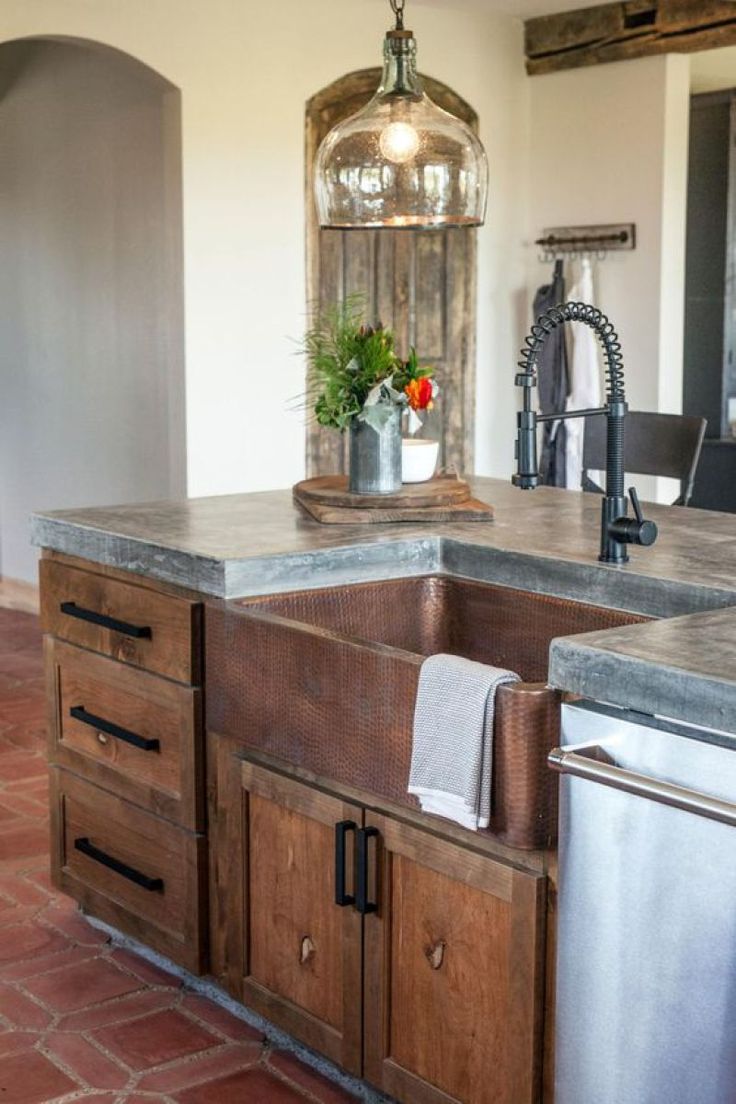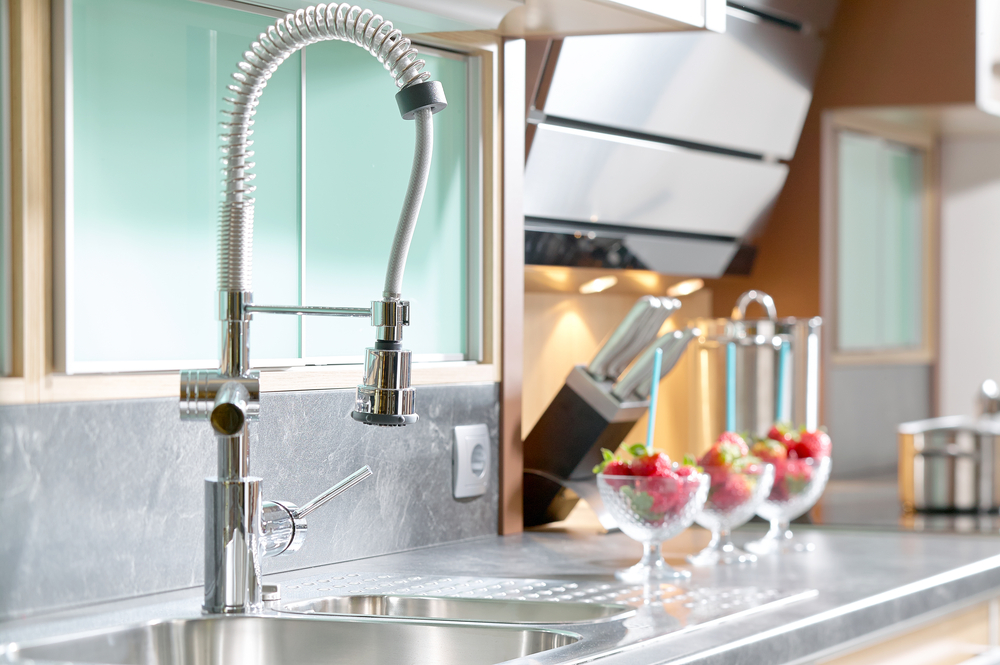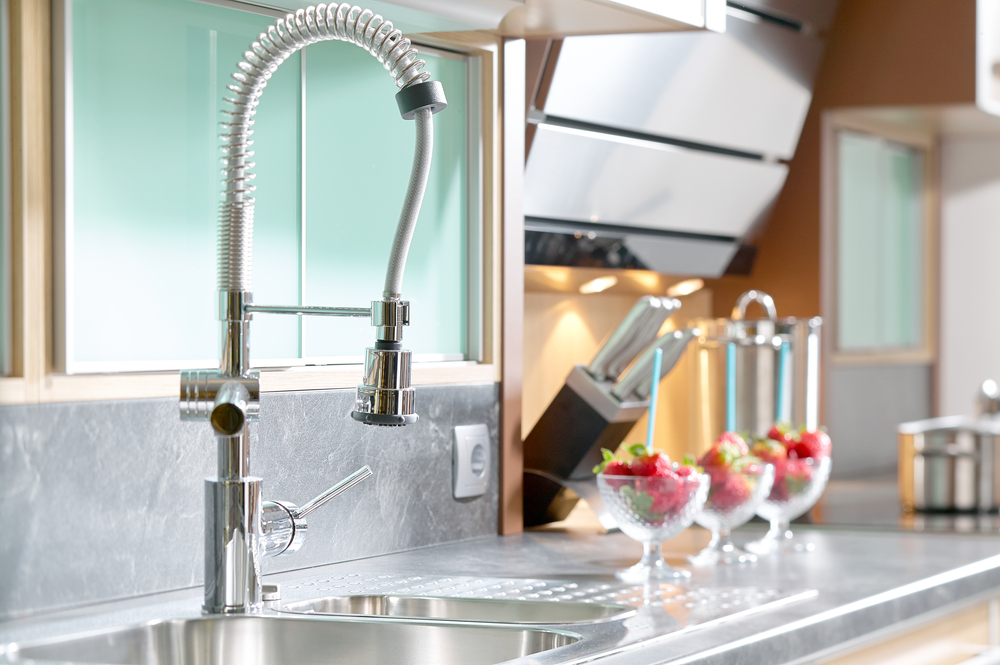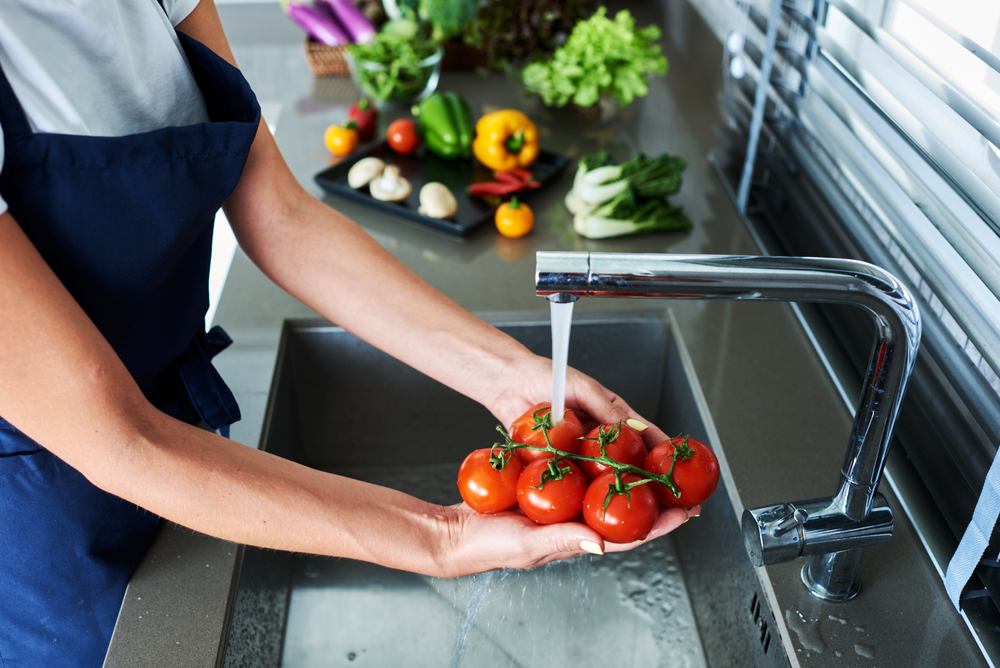When putting in new faucets or replacing old ones, we primarily focus on aesthetic appeal; does our new selection match the other furnishings and color scheme of the kitchen and so on. But as important as matchingdécormay be to you personally, what is significantly more important to the well-being of your family is whether or not your kitchen faucet is the right choice for the water type in your area.

In this case, we are referring specifically to “hard water”, which is defined as water that has a high mineral content, typically because it passes through limestone and chalk deposits before coming through your plumbing system and into your home. You read hard water kitchen faucet reviews before you choose the one for your kitchen.

While hard water has not been proven to be damaging to your health, it can still be a nuisance if not filtered properly. The minerals in the water can build up over time and create crusty deposits that can result in damage to your pipes, faucets, and any appliances that use tap water. Additionally, some soaps and detergents may be less effective than normal due to those very same minerals.
We’ve put together this article in order to help you better understand how to choose the best kitchen faucets possible in order to better deal with hard water and the problems it causes. While this is by no means a completely thorough guide to the buying process, we’ve included some useful bits of advice to make the process easier for you.

What to Look for in a Faucet
- Filter: The filter is indisputably the most important thing to consider. Make sure that whatever faucet you purchase has a high-quality filter that will remove the minerals from your water. Also, try to get a faucet with a single-piece filter; filters with many small pieces can fall victim to damage from mineral deposits over time and are harder to clean than filters with simpler designs.
- Faucet Design: While part of picking the style of your faucet is understandably focused on selecting a faucet that looks good in your kitchen when choosing a faucet that also needs to handle hard water problems you need to be a little more discerning. Like with filters, the more complicated a faucet design is, the greater chance it has of accumulating mineral build-up over time. We suggest choosing something straightforward but nice to look at.
- Materials: What your faucets are made of is also important to consider. Certain metals will be damaged more easily by hard water than others. Most people strongly recommend using fixtures made of polished chrome or brushed nickel if you want faucets that will not accumulate water spots or other types of damage from hard water. If you have hard water in your home or place of work, consider getting an industrial water softener. There are lots of design and customization options depending on what the system will be used for.
- Sealing: This quality can go hand-in-hand with materials, but we wanted to give it its own category in order to stress its importance. Essentially, while the materials your faucet is made out of and the filter it utilizes are of primary importance, whether or not your faucet has a sealing coat on it can help determine how long it will last and how effective it will be over time. Try to find a faucet with a ceramic coating if possible; faucets that incorporate ceramic sealing coats are specially designed to withstand damage from hard water.
- Price: The monetary cost of your new faucet (or faucets) is of course also an important factor to consider. If you want a true top-of-the-line faucet, be prepared to pay a higher price, but don’t forget that there are many good options out there that will get the job done without breaking your bank account. Also, remember that a more expensive option is not necessarily a better one, so try to verify the quality of the product before you spend your money.
Conclusion
As you can see, there is more to the process of selecting a hard water faucet than you might expect. However, if you keep in mind the five main qualities we’ve mentioned in this article (the type of filter, the physical design of the faucet, the materials it is made out of, whether or not it has a good sealing coat, and how expensive it is), you shouldn’t have too much difficulty finding a faucet that will work for you.
Also, never be afraid to ask for help; hardware store associates or perhaps even a local plumber will have plenty of information for you about what type of faucet might work best for your plumbing system.
If you have any additional questions regarding the information contained within this article or would like to suggest your own advice, we’d love to hear from you in our comments section below.






